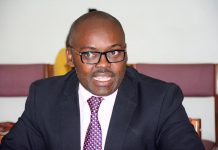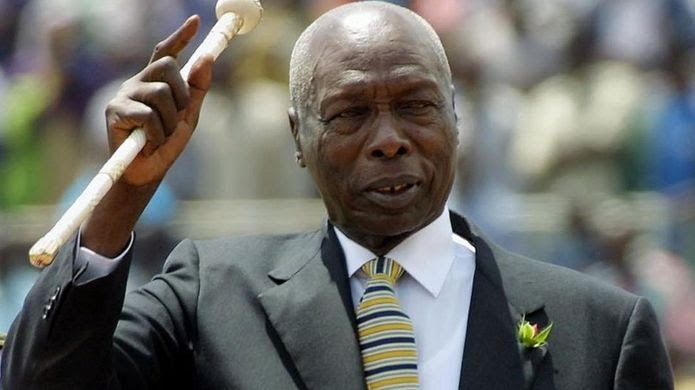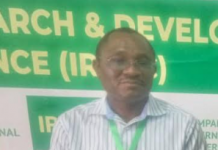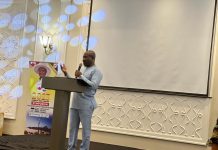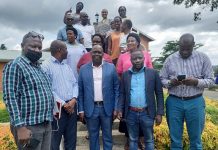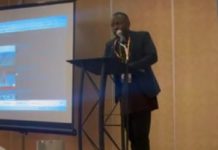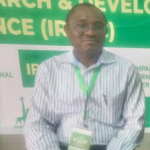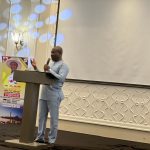Daniel arap Moi, the autocratic president of Kenya from 1978 to 2002, who ruled his East African nation in a postcolonial era of political repression, economic stagnation and notorious corruption, but in the end gave up power peacefully, died on Tuesday at Nairobi Hospital in the capital. He was 95.
President Uhuru Kenyatta, who announced the death, declared a period of national mourning and said Mr. Moi would receive a state funeral. His statement did not specify a cause of death.
Fifteen years after Kenya won independence from Britain in 1963, Mr. Moi became president on the death of Jomo Kenyatta, the country’s founding father. Mr. Moi, a former schoolteacher and national legislator, had been a handpicked vice president and served in Mr. Kenyatta’s long shadow.
Unlike the imperial Mr. Kenyatta, who governed behind closed doors, Mr. Moi traveled the country, courting its ethnic and tribal groups and gaining wide popularity. He introduced free milk for children, and pledged to do away with endemic graft and elevate Kenya’s struggling tourism-and-agriculture economy. He won Western support with anticommunist policies during the Cold War.
But after suppressing opposition and consolidating power in a single-party state, he began a 24-year dictatorial reign. Mr. Moi — with his nimbus of silver hair, buttonhole rose and ivory baton — dominated life in Kenya. He put his face on bank notes, ordered his portrait hung in offices and shops, enriched his family and tribal cronies and, as investigations showed, stashed billions in overseas banks. For much of his tenure, it was illegal even to speak ill of him.
Kenya remained an island of political stability in East Africa, but a democracy in name only, and a land of stark contrasts: dire poverty and fabulous wealth, natural beauty and decaying infrastructures, luxury safaris for foreigners and vast slums for Kenyans, who faced unemployment, crime, epidemic AIDS and one of the world’s highest infant mortality rates.
Mr. Moi won five successive elections. In 1979, 1983 and 1988, he and his Kenya African National Union ran unopposed. Although some 1,000 people died in clashes over constitutional reforms, multiparty elections were held in 1992 and 1997. But the opposition was divided and disorganized, the balloting was marred by widespread violence, and Mr. Moi was re-elected both times.
As the head of state and government, he exercised absolute power. The post-independence constitution vested legislative authority in a National Assembly and provided for an independent judiciary. But Mr. Moi had the right to dismiss judges and other officials, and he and his party controlled legislation and the courts, overriding decisions and suppressing democratic reforms.




